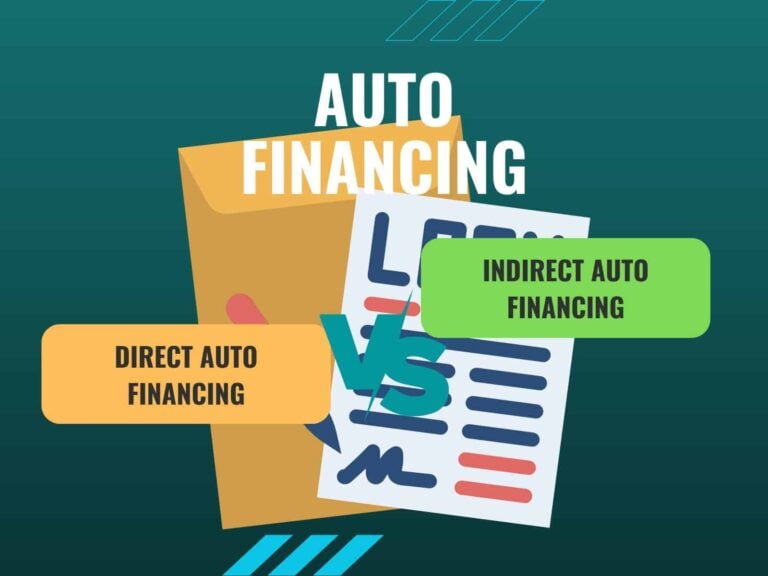Mississippi Debt Settlement
Mississippi Debt Relief & Debt Settlement
Mississippi, with an approximate population of 2.97 million residents, ranks 34th in the United States, and the state covers 48,430 square miles, placing it 32nd in geographic area.
Mississippi’s population density of 63.5 residents per square mile also places the state 32nd in the nation. The state’s capital and largest city, Jackson, had an estimated population of 580,166 in 2018. In 1817, Mississippi became the twentieth state admitted to the Union, but became one of the seven original Confederate states to secede in 1861, when it was the nation’s leading cotton producing state and 55% of its population was comprised of slaves. Following the Civil War, Mississippi was restored to the Union, in 1870.

Unfortunately, Mississippi consistently ranks low nationally in measures of health care and education, and high in poverty, with a poverty rate of 19.7% in 2018, down from a high of 24.2% six years earlier. 37.6% of Mississippi’s population is African-American, the highest percentage of any state. Mississippi’s gross domestic product of $119.5 million in 2018 ranked it 37th in the country.
Mississippi’s 2018 median household income level of $42,781 ranked it lowest nationally and was 32.1% lower than the national median household income level of $63,030. However, Mississippi is also known for having the lowest cost of living of any state, at roughly 19% lower than the national average as of 2020.
Approximately 70,000 adults, or 10% of the workforce, are disabled. Gambling towns within the state have attracted increased tourism, and Mississippi ranked seventh in the nation in 2018 with state gambling revenues exceeding $2.1 billion.
Mississippi Economic and Debt Statistics
According to the Bureau of Labor Statistics, Mississippi’s unemployment rate stood at 5.5% as of October 2019, significantly higher than the national unemployment rate of 3.5%.
In terms of average household credit card debt, Mississippi residents carry significantly lower amounts of credit card debt than the national average of indebted households of $9,333, checking in at an average level of $6,673, 28% less than the national average and 39th in the nation.
Mississippi Economic and Debt Statistics
Meantime, compared with the 2019 nationwide average FICO score of 703, the typical Mississippi resident’s 2019 FICO score checks in substantially lower at 667, ranking 50th in the nation.
According to the St. Louis Fed, as of Q4 2018, the Mississippi home ownership rate stood at 73.8%, substantially higher than the national average of 64.8%, and ranking second in the nation. Meantime, a recent Experian report shows average mortgage debt of $121,608, a 2.1% increase compared to 2018, but third lowest in the country. According to Zillow, the median sales price for a home in Mississippi during 2019 was only $127,200, also among the lowest in the nation.
Regarding student loans, data compiled by Experian in 2019 indicates that the state of Mississippi shows an average student loan debt per student borrower of $35,478, up 9.4% from the previous year and 36% higher than in 2014.
Mississippi Residents and Debt Settlement
If you are a resident of Mississippi and are currently burdened by high levels of unsecured debt – including credit card accounts, private student loans, unpaid medical bills and personal loans – the process of pursuing debt settlement may make sense for you.
Debt settlement occurs
Though creditors are under no legal obligation to accept debt settlement offers, negotiating and paying lower amounts to settle debts is far more common than many people realize.
Mississippi Consumer Debt Laws
Credit Card companies and other creditors are permitted to contact Mississippi residents directly regarding debts, particularly in a situation involving delinquent payments. However, debt collection agencies are required to comply with the the Federal Fair Debt Collection Practices Act (FDCPA), and are therefore prohibited from taking certain actions.
Under the FDCPA, collection agencies are prohibited from informing employers about a debt or attempting to collect a fee in excess of any debt owed. Debt collection agencies are also prohibited from communicating in a manner that simulates a judicial process or gives the appearance of a governmental action. Additionally, debt collection agencies are prohibited from contacting debtors or debtor family members at unusual hours or with a frequency that may be reasonably construed under the law as harassment or abuse.
Unfortunately, unlike many other states, Mississippi does not supplement the FDCPA with its own state-mandated fair debt collection practice act, and therefore leaves its residents somewhat vulnerable to predatory collections practices by original creditors. Although law requires that collectors register with the state and obtain a license to collect debts, the law does not allow consumers to bring individual lawsuits. Therefore, Mississippi residents faced with abusive or harassing collection tactics are best protected under the FDCPA.


MIssissippi Statute of Limitations on Debt Collection
When sufficient time passes in a situation in which consumer debts have gone unpaid, a debt collector can lose the legal right to sue for non-payment. In Mississippi, the statute of limitations on debt collection varies according to the type of debt involved. Written and oral contracts, as well as promissory notes, have a statute of limitations of three years. For mortgage debt, medical debt and credit card debt, the statute of limitations is three years.
The statute of limitations for auto loan debt is four years. The statute of limitations for state tax debt is seven years. For any time period, the clock begins ticking from the “date of default,” which is typically thirty days after the last payment was actually made. When debts remain unpaid prior to the statute time period elapsing in full, creditors maintain legal right to sue you for non-payment and are permitted to engage debt collection agencies who can make persistent attempts at collection, as long as they remain within the bounds of the FDCPA.
Debt Settlement - Do It Yourself?
Getting out of debt is never an easy process. If debt settlement is the right avenue for you to pursue, be honest with yourself. Decide whether you possess the background, strength and fortitude to negotiate directly with creditors yourself – or whether engaging the services of an experienced and reputable debt settlement company will serve your needs best.
Remember, the goal is to save the greatest amount of money and time while minimizing any ensuing damage to your credit score and profile. A reputable debt settlement company will provide a realistic estimate and time frame for making offers to your creditors that can ultimately result in settlements that save you significant amounts of money, time, and aggravation.
Contact us here at United Settlement, where our experienced credit counselors possess relationships with the major credit card lenders and a broad understanding of the debt marketplace. We can help you navigate these waters successfully.
Debt Resources & Additional Reading
Mississippi Debt Settlement FAQs
Additional Related Insights & Articles







Debt Relief Reviews

Ready To Get Started?
See if you qualify for debt relief. Get a Free savings estimate to see how quickly you can be debt free.
Embrace financial freedom with our tailored solutions, expert guidance, and unwavering commitment to your success.
Experienced Professionals
Our experienced team has helped thousands of clients successfully eliminate debt and regain financial freedom.
Customized Solutions
We know every financial situation is different, so we design personalized debt relief plans to fit your specific needs and goals.
High Success Rate
Our proven debt relief strategies deliver real results. With a strong track record of success, we help clients achieve lasting financial stability.
Confidential Consultation
Your privacy is our priority. All debt relief consultations are 100% confidential and handled with the highest level of discretion.



